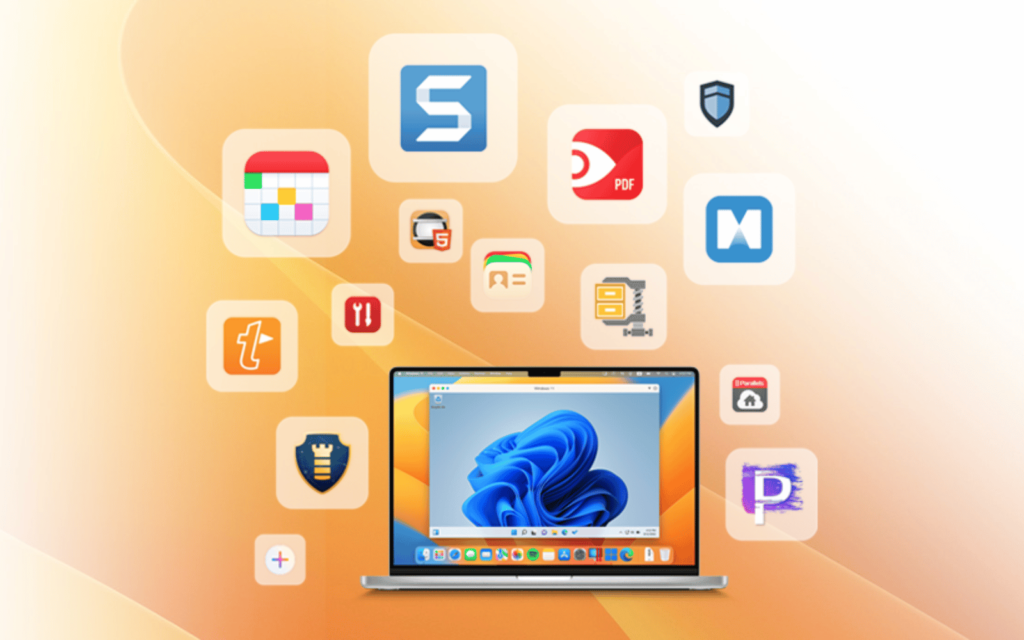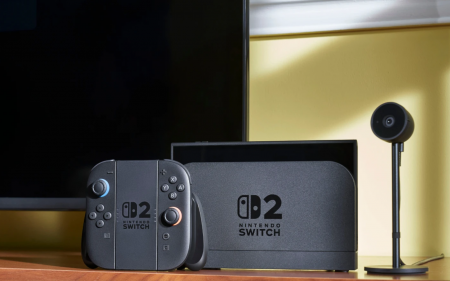You don’t have to understand computer architectures to know that your new M1 or M2 MacBook isn’t going to run Windows 11 straight out the box. Aside from both Microsoft and Apple keeping their OS secrets close to their respective chests, the two OSes are fundamentally different.
However, it is still possible to run a version of Windows on a Mac thanks to Microsoft’s recent partnership with Parallels Desktop.
Different specs for different techs
Without too much technical detail, macOS on Apple’s M-series chips and Microsoft’s Windows are built on the Arm and x86 instruction set architectures (ISAs) respectively.
You can think of ISAs like that little book you get with a lego set. They tell you all the blocks and pieces you need and exactly how to go about building your set. But a book for building the set from The Office isn’t going to help you build a fireball-shooting Lego Bowser.
That’s where Parallels Desktop comes in. It’s a third-party program that allows users to run an Arm-based version of Windows on a Mac in a virtual environment. The best part is it’s now recognised and officially supported by Microsoft.
Microsoft says ‘okay’ but there’s a catch
While it was technically possible to do this in the past, it wasn’t officially supported by Microsoft due to the company’s strict (and sometimes obscure) licensing restrictions. According to Parallels’ support page, users that only require a single Windows 11 Pro license will need to buy that separately through Microsoft.
Read More: Meet Microsoft’s new mini PC. No, it does not run Crysis
Going this route does come with some limitations, though they mostly affect gamers. Games won’t run if they require DirectX 12, newer OpenGL versions, or anti-cheat software. Additionally, hardware drivers will have to be compatible with Arm-based Windows and the Linux and Android subsystems aren’t supported.
Broader app support will vary so if you’re thinking about using Windows through Parallels on your Mac, we’d recommend making 100% sure all the apps in your workflow are supported before spending any money.
Source: Ars Technica




